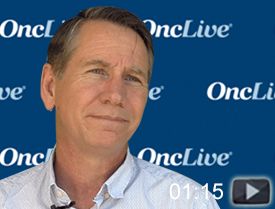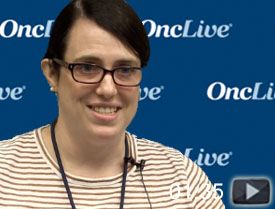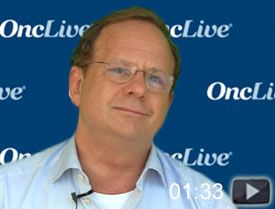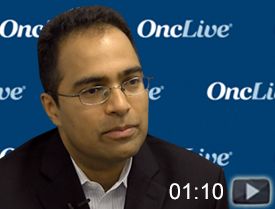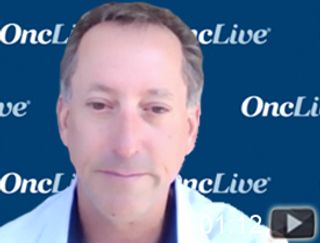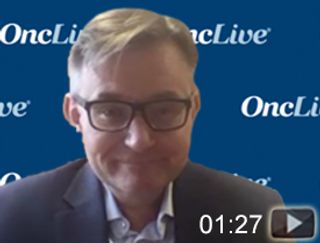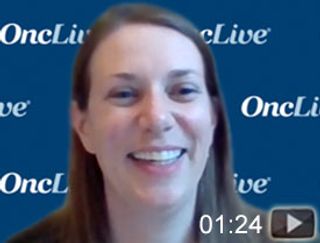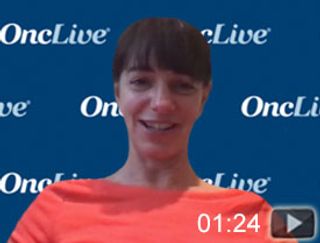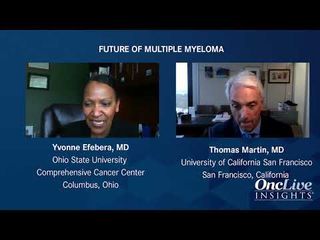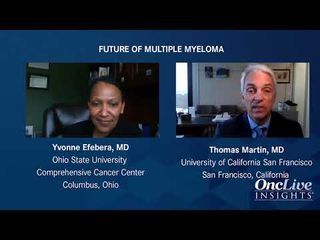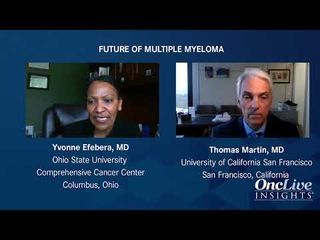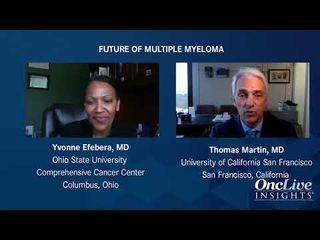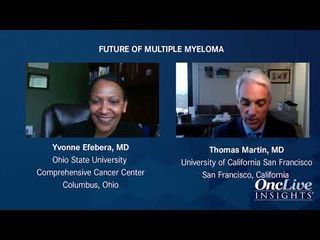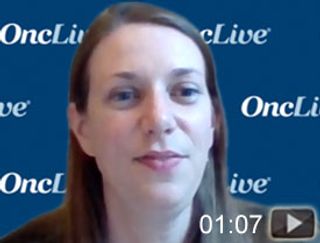
Hematologic Oncology
Latest News
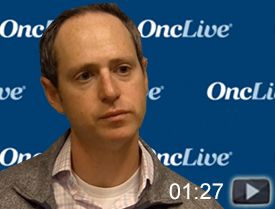
Latest Videos

CME Content
More News
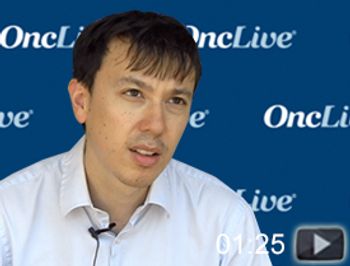
David M. Kurtz, MD, PhD, instructor of medicine, Postdoctoral Fellow, Divisions of Oncology & Hematology, Stanford Cancer Center, Stanford University, discusses the utility of cell-free DNA in lymphoma.
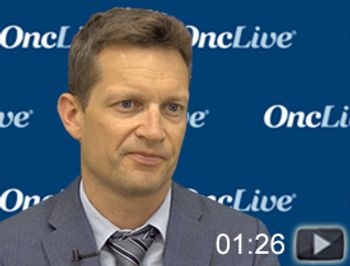
Martin Hutchings, MD, PhD, staff specialist, Department of Hematology, Finsen Centre, National Hospital, Copenhagen University Hospital, discusses the aim of the ECHELON-1 study in classical Hodgkin lymphoma.
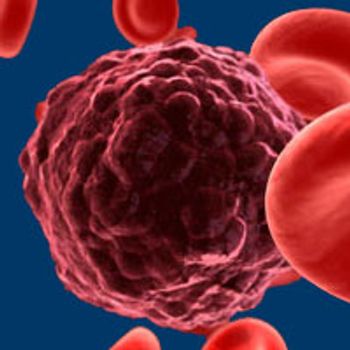
Combining lenalidomide with rituximab significantly improved progression-free survival compared with rituximab alone for the treatment of patients with relapsed/refractory indolent lymphoma.
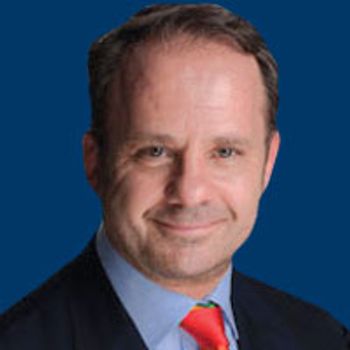
Andre Goy, MD, discusses some of the most important lymphoma data presented at the 2018 ASCO Annual Meeting and potential future directions for treatment.
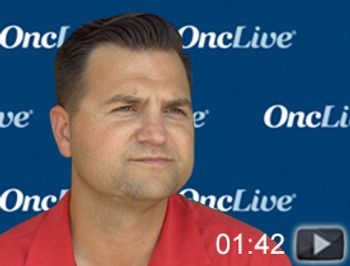
Matthew A. Lunning, DO, assistant professor, Internal Medicine Division of Oncology & Hematology, University of Nebraska Medical Center, discusses the treatment of patients with peripheral T-cell lymphoma.
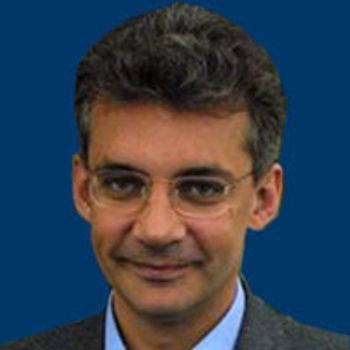
Results from the phase III iNNOVATE trial established the combination of ibrutinib plus rituximab as the new standard of care in Waldenström macroglobulinemia.
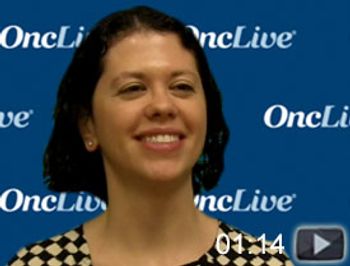
Gabriela S. Hobbs, MD, clinical director, Leukemia Service, assistant in medicine, Massachusetts General Hospital, discusses the updated NCCN guidelines in chronic myeloid leukemia (CML).
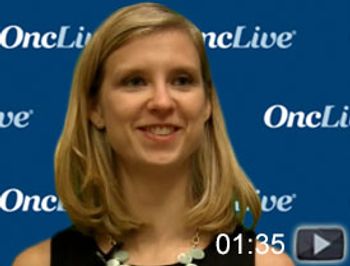
Danielle Marie Brander, MD, assistant professor of medicine, Duke Cancer Institute, discusses the treatment landscape for patients with high-risk chronic lymphocytic leukemia (CLL).
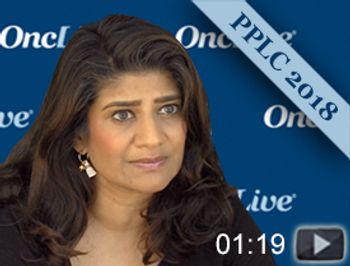
Sonali M. Smith, MD, Elwood V. Jensen Professor in Medicine, director, Lymphoma Program, University of Chicago Medicine, discusses brentuximab vedotin (Adcetris) in cutaneous T-cell lymphoma.
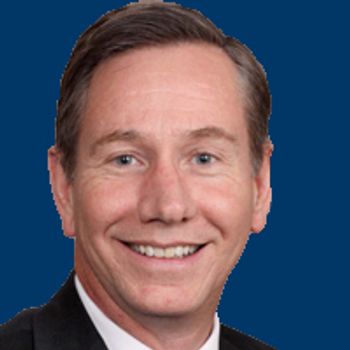
Steven M. Ansell, MD, PhD, discusses the efficacy of PD-L1 blockade in Hodgkin lymphoma, patient treatment that has encouraged him to look for deeper solutions, alternative drug combinations that appear to be making headway, and potential avenues of discovery for the future.
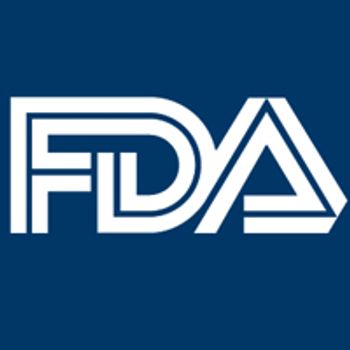
The FDA has approved ivosidenib for the treatment of adult patients with relapsed/refractory IDH1-mutant acute myeloid leukemia.
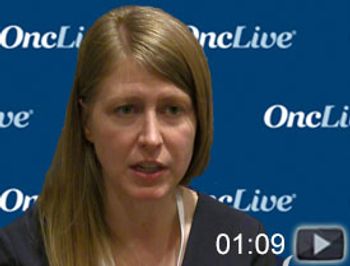
Alice Mims, MD, medical oncologist, Department of Internal Medicine, Division of Hematology, Ohio State University Comprehensive Cancer Center, discusses the FDA approval of the IDH1m inhibitor ivosidenib for the treatment of patients with acute myeloid leukemia (AML).
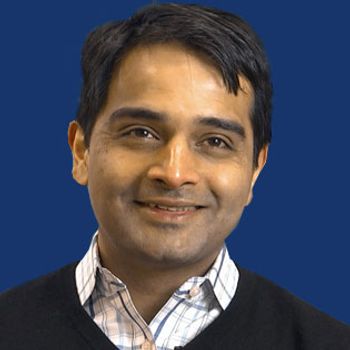
Major advancements in immunotherapy are at the forefront of treatment for patients with acute lymphoblastic leukemia.
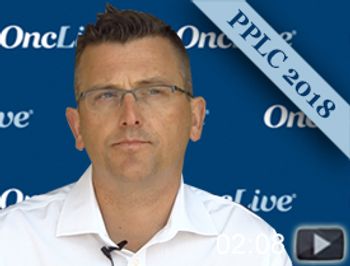
Mark J. Roschewski, MD, staff clinician, associate research clinician, clinical director, Malignancies Branch of the Center for Cancer Research, National Cancer Institute, discusses dose-adjusted infused etoposide, doxorubicin, and cyclophosphamide with vincristine, prednisone, and rituximab (Rituxan; DA-EPOCH-R) in adult patients with Burkitt lymphoma.
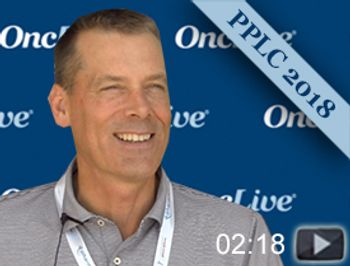
Brad Kahl, MD, professor in the Department of Medicine, Washington University School of Medicine in St. Louis, Siteman Cancer Center, discusses the antibody drug conjugate polatuzumab vedotin in lymphoma.

A retrospective study of patients with Hodgkin lymphoma found high rates of sequelae including pulmonary events and cardiovascular disease following frontline treatment with chemotherapy including bleomycin.
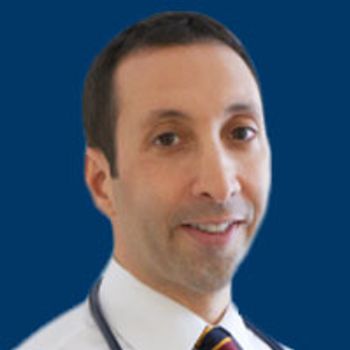
Steven M. Horwitz, MD, discusses the best strategy for the treatment of CD30-positive peripheral T-cell lymphomas.
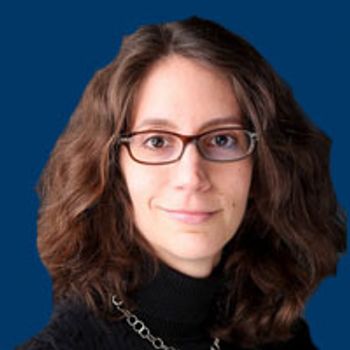
Sarah Holstein, MD, PhD, discusses new approaches to induction therapy for patients with myeloma.

Combinations of novel drugs in lymphomas have the potential to overcome resistance to therapy but come with sometimes unexpected adverse events that demand careful monitoring.
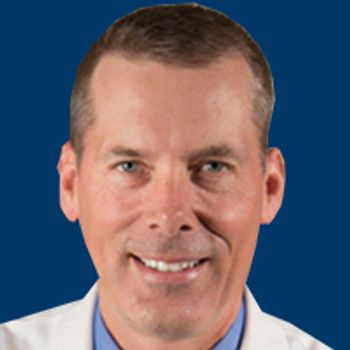
With promising data of brentuximab vedotin and inotuzumab ozogamicin leading the way, antibody-drug conjugates are beginning to make a greater impact on the lymphoma treatment landscape.

A rolling submission of an FDA new drug application (NDA) has been submitted for selinexor for the treatment of patients with penta-refractory multiple myeloma.
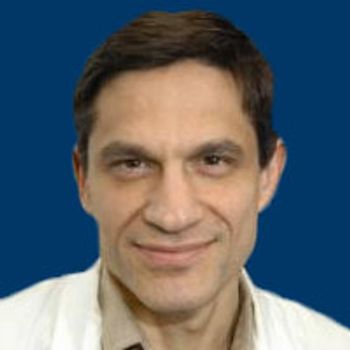
Robert J. Kreitman, MD, discusses the potential of moxetumomab pasudotox as a treatment for patients with hairy cell leukemia.
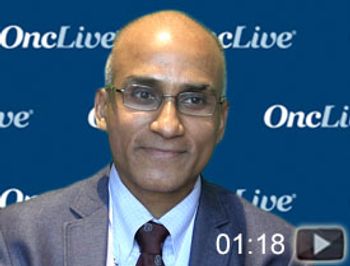
Suman Kambhampati, MD, co-medical director, Blood Cancer Program, Sarah Cannon Research Institute, discusses the impact of next-generation sequencing (NGS) in acute myeloid leukemia (AML).
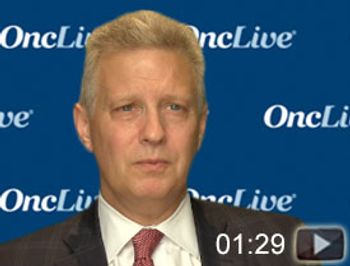
Ian Flinn, MD, PhD, director of the Blood Cancer Research Program, Sarah Cannon Research Institute, discusses the RELEVANCE trial in follicular lymphoma.
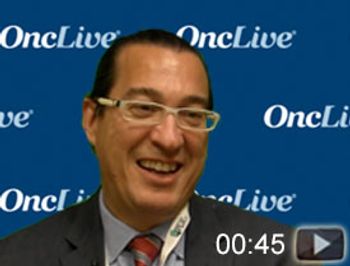
Javier A. Pinilla-Ibarz, MD, PhD senior member, Moffit Cancer Center, discusses the recent advances in chronic myeloid leukemia (CML). Pinilla-Ibarz says that he and colleagues do not expect much in the field after other recent advancements, but he is still surprised to see what is being concentrated on today.


